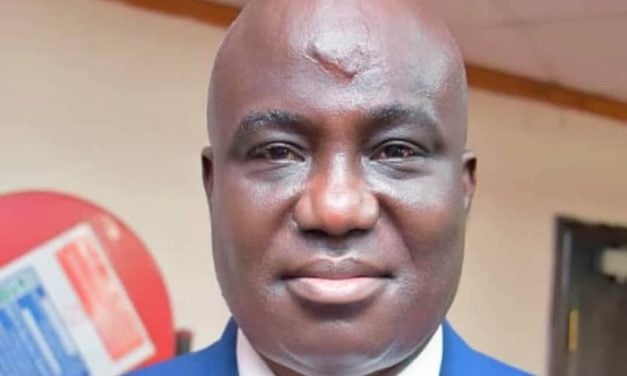Eric Opoku, Ghana’s Minister for Food and Agriculture, has subtly hinted at a potential future bid for the leadership of the National Democratic Congress (NDC) in the 2028 general elections. While stopping short of a definitive declaration, his remarks suggest he is open to the possibility, emphasizing that leadership within the NDC is often divinely ordained and guided by the will of the party’s grassroots members. He conveyed a sense of acceptance should the party choose him, echoing a sentiment of deference to a higher power and the collective voice of the NDC’s foundational support base. This measured approach underscores a cautious consideration of the political landscape and a recognition of the intricate processes that determine leadership within the party. His current priority, he emphasized, remains firmly rooted in bolstering Ghana’s agricultural sector.
Opoku’s comments subtly position him as a potential future leader while respecting the established norms of the NDC. By invoking the concepts of divine providence and grassroots support, he frames his potential candidacy as a response to a greater calling rather than a personal ambition. This resonates with the party’s internal dynamics and acknowledges the significant influence of both spiritual and grassroots elements within the NDC. His cautious “wait-and-see” approach avoids prematurely committing to a race that is still years away, allowing him to maintain focus on his current ministerial responsibilities and gauge the evolving political climate within and outside the party.
The minister’s allusions to potential leadership aspirations are interwoven with a strong emphasis on his commitment to his current role. He underscores the importance of transforming Ghana’s agricultural sector, positioning it as a cornerstone of the government’s 24-hour economy policy. This focus on his present responsibilities allows him to demonstrate his commitment to serving the nation while simultaneously subtly building a platform for future leadership. By highlighting his dedication to addressing critical national issues, particularly in the crucial agricultural sector, he reinforces his credentials as a capable and committed public servant, qualities that would be essential for any aspiring party leader.
Opoku’s focus on agricultural transformation extends beyond rhetoric. He highlighted ongoing initiatives designed to boost food production and foster innovation within the farming sector. These initiatives include a novel approach to recognizing and encouraging youth involvement in agriculture through a new National Farmers’ Day award category specifically for schools excelling in agricultural practices. This proposed recognition, coupled with the planned showcasing of student-produced farm goods on national television, aims to elevate the visibility of youth in agriculture, inspiring greater participation and innovation within the sector. This focus on youth engagement signals a forward-looking approach to agricultural development, recognizing the importance of cultivating the next generation of farmers and ensuring the long-term sustainability of the sector.
Strengthening agriculture, Opoku argues, plays a crucial role in stabilizing the national economy and alleviating the financial burdens faced by ordinary Ghanaians grappling with rising living costs. This pragmatic approach to addressing economic challenges resonates with the everyday concerns of citizens and positions agriculture as a key driver of economic stability and improved living standards. By linking his agricultural initiatives to broader economic benefits, Opoku underscores the importance of his work and its potential impact on the lives of Ghanaians. This emphasis on practical solutions to pressing economic concerns strengthens his image as a results-oriented leader concerned with the well-being of the populace.
In essence, Opoku’s pronouncements skillfully intertwine his present commitment to advancing Ghana’s agricultural sector with veiled allusions to future leadership aspirations. His carefully chosen words suggest a willingness to serve in a higher capacity should the party and, importantly, a higher power deem him fit. This strategy allows him to navigate the complex political landscape while steadfastly focusing on his current ministerial duties, solidifying his reputation as a dedicated public servant and laying the groundwork for a potential leadership bid in the years to come. By emphasizing his work in revitalizing the agricultural sector, he projects an image of competence and commitment, qualities that are likely to resonate with both party members and the broader electorate.


